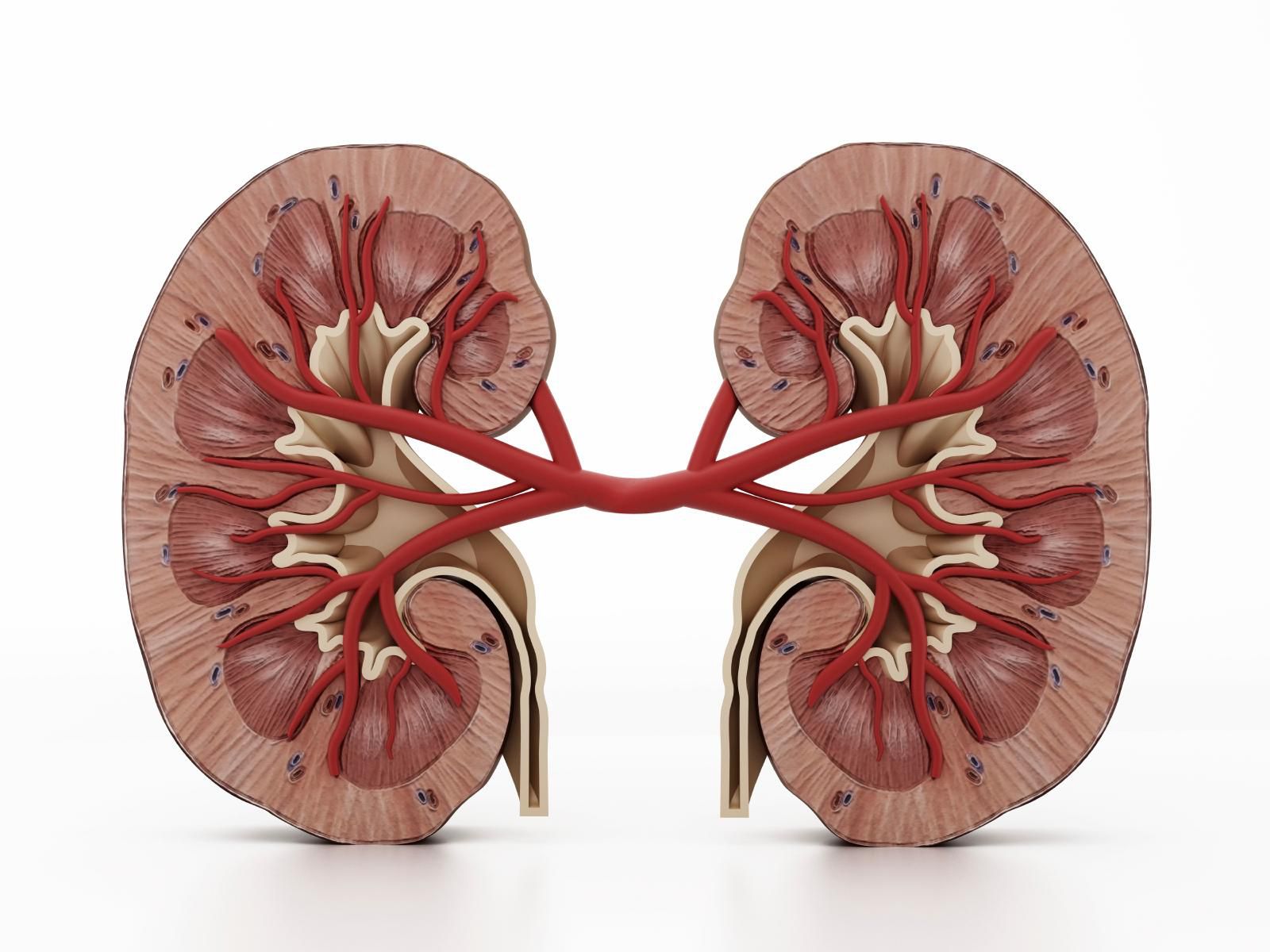The foods you consume have a significant impact on your health and quality of life. Although eating properly can be very straightforward, the advent of popular “diets” and dieting fads has created uncertainty. In reality, these trends frequently divert attention away from the most fundamental basic dietary concepts. This is a comprehensive beginner’s guide to healthy eating based on the most recent nutrition knowledge.
Why Should You Eat a Healthy Diet?
A poor diet continues to be linked to major illnesses, according to research. Eating properly, for example, can dramatically lower your chances of acquiring heart disease and cancer, two of the world’s biggest killers. A healthy diet may help with everything from cognitive function to physical performance.
Food, in fact, impacts all of your cells and organs. A healthy diet will undoubtedly help you perform better whether you exercise or participate in sports.A good diet is essential for many aspects of life, from illness prevention to cognitive function and physical performance.
Explained: Calories and Energy Balance
Calories have been relegated to the sidelines in recent years. While calorie tracking isn’t always essential, overall calorie intake is still important for weight management and wellness. If you consume more calories than you burn, they will be stored as new muscle or body fat. You will lose weight if you consume less calories than you burn each day.
You must generate a calorie deficit if you want to reduce weight. In contrast, if you want to acquire weight and muscle mass, you must consume more calories than your body consumes. Regardless of the nature of your diet, calories and energy balance are critical.
Macronutrients: What You Need to Know
Carbohydrates (carbs), lipids, and protein are the three macronutrients. These nutrients are required in rather significant quantities. They supply calories and perform a variety of activities in your body.
Here are some examples of common foods from each macronutrient group:
- Carbohydrates provide 4 calories per gramme. Bread, spaghetti, and potatoes are all examples of starchy foods. Fruit, legumes, juice, sugar, and some dairy products are also included.
- Protein has 4 calories per gramme. Meat and fish are the most common sources, followed by dairy, eggs, legumes, and vegetarian substitutes such as tofu.
- Fats contain 9 calories per gramme. Nuts, seeds, oils, butter, cheese, oily seafood, and fatty meat are all good sources.
The amount of each macronutrient you should consume is determined by your lifestyle, goals, and personal preferences. Macronutrients are the three primary nutrients that must be consumed in big quantities: carbohydrates, lipids, and protein.
Micronutrients: An Overview
Micronutrients are vitamins and minerals that you need in tiny amounts. Some of the most frequent micronutrients to be aware of are:
- Magnesium: A mineral that is involved in over 600 biological functions, including energy generation, nervous system function, and muscular contraction.
- Potassium: This mineral is essential for blood pressure management, fluid balance, and muscle and neuron function.
- Iron: Iron is best recognised for transporting oxygen in the blood, but it also has several additional advantages, including better immunological and cognitive function.
- Calcium is an essential element for your heart, muscles, and neurological system, as well as a crucial structural component of bones and teeth.
- Every vitamin: Vitamins, from A to K, perform critical functions in every organ and cell in your body.
All of the vitamins and minerals are “essential” nutrients, which means they must be obtained through food in order to exist. Individuals’ daily requirements for each micronutrient vary. If you eat a true food-based diet that includes both plants and animals, you should be able to acquire all of the micronutrients your body requires without needing to take a supplement. Micronutrients are vitamins and minerals that are essential in your cells and organs.























